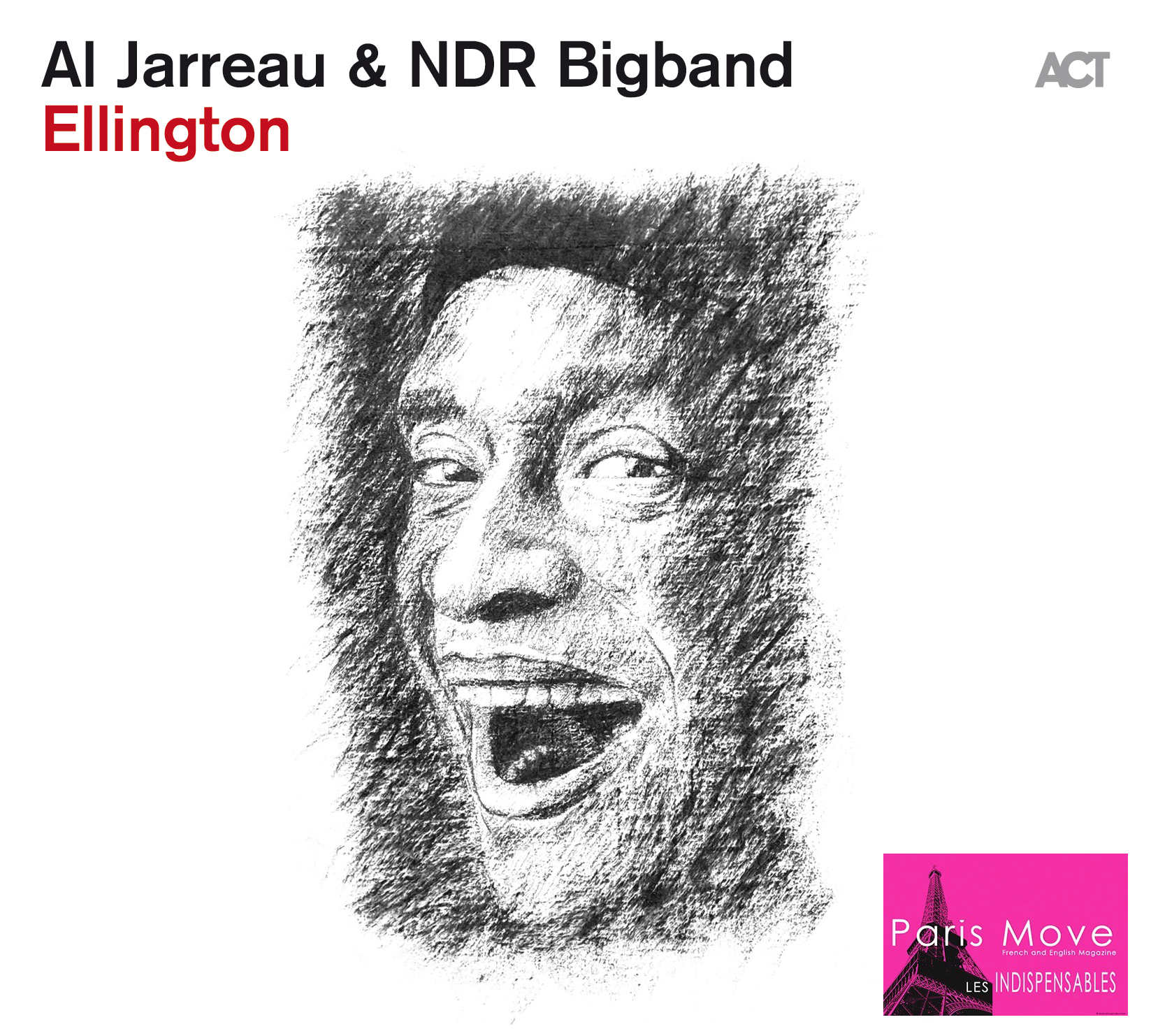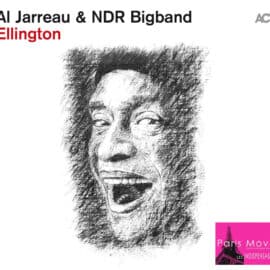| Jazz |

The story of Al Jarreau and Siggi Loch is intertwined in a surprising and extraordinary way, one that I invite you to discover in this article. This recounts Al Jarreau’s final recording, made just months before his passing. The album stands as both a document and a testament to the artist’s brilliance, offering exceptional quality in both performance and production. It has, therefore, earned a place among our “Essential Albums.”
Al Jarreau’s journey with music began at the tender age of four, harmonizing with his brothers and performing solo at various local events in his hometown of Milwaukee, Wisconsin. Yet, music was not always the dominant force in his life. He excelled in sports and was a high-achieving student throughout high school and college. He even led a little-known band called The Indigos while earning a Master’s degree in vocational rehabilitation—a field far removed from singing. But destiny had other plans. One day, Siggi Loch, then working at Warner Bros., discovered Jarreau during an intimate concert performance. Loch was instantly captivated.
“I first saw Al Jarreau at The Troubadour in Los Angeles in 1974, and I was immediately enthralled by his voice and stage presence,” Loch recalls. “The next day, I went to see Mo Ostin, president of Warner Bros. Records, to persuade him to sign Al.” After some initial hesitation, Loch secured approval, leading to the release of Jarreau’s debut album on WEA, We Got By, in 1975.
“I brought Al to Germany before he had found success in the United States,” Loch continues. “He performed for three nights at the legendary club Onkel Pö in Hamburg, and I managed to convince Michael Naura, head of jazz at NDR, to record the third night for a live television broadcast.” This performance catapulted Al to stardom overnight in Germany, securing him a special place in the hearts of German audiences ever since.
Siggi Loch’s words provide a rare glimpse into a pivotal moment in Jarreau’s career, one that has been relatively underreported. It’s the kind of story that could easily be adapted into a film—one I’d love to direct. We Got By won the German Record Critics’ Prize, and Jarreau’s first German tour sold out major concert halls. This was followed by Glow (1976), another success in Europe, garnering a second German Record Critics’ Prize, though it did not achieve the same level of recognition in the United States.
“That album targeted a ‘smooth jazz’ audience,” Loch notes. “It didn’t capture Al’s dynamic presence live in front of an audience. So I suggested that his next album should be a live recording. Mo Ostin reluctantly agreed.” The resulting album, Look to the Rainbow, was a tremendous success in Europe. “When it was released in the U.S., it became the album that introduced Al to the broader public and earned him his first Grammy, so it’s fair to say his career truly took off in Germany first!” Loch concludes.
Through Siggi Loch’s narrative, we also glimpse how record labels operated during that era—far more hands-on than today, when most focus solely on catalog management and a few profitable artists by their own metrics.
Al Jarreau always maintained that he sang “Al Jarreau’s music.” He was truly one of a kind, with six Grammy Awards and nineteen nominations spanning three categories—jazz, pop, and R&B—making him an artist unconstrained by genre. “Music can be put into categories for others, and I understand that,” he once said, “but for me, if I love a song, I have to sing it. That’s it. If you come to my concerts, I sit on your shoulder and whisper in your ear. I open minds and go through many doors.” This imagery reflects the imaginative flights of vocal fancy that he could summon at any moment, leading songs into new and unexpected territories. He once explained it simply: “If there’s a backbone to what I do, it’s the vernacular of jazz.”
Jarreau’s long-standing relationship with NDR led to conductor Jörg Achim Keller proposing a collaboration with the singer in 2016. “I had wanted to create a production with Al and Ellington’s music since the early 2000s,” Keller recalls. “Al was immediately enthusiastic about the idea.” Keller prepared a list of a hundred Ellington titles, and as Jarreau later described, “We just went through the list, and it was a matter of ‘Oh, that one fits me,’ and ‘Let’s do this one like an old gutbucket blues.’ What mattered to me was getting inside the music and maybe offering a different statement about Ellington, so people could hear the music in a way they hadn’t before.”
While crafting the arrangements, Keller ensured that Jarreau had room to breathe within the compositions. Songs like I’m Beginning to See the Light and I Got It Bad (and that Ain’t Good) also gave the band’s soloists the freedom to shine. “These are incredibly sophisticated, smart soloists who can play with anyone in the world,” Jarreau remarked. “They push me, and I love it—they make me sound like a real singer!”
Jarreau and the orchestra toured with this music in late 2016. “There were still a few tweaks being made from concert to concert,” Keller notes with a smile. “He loved doing those ballads—and each one had a different atmosphere. Come Sunday was especially important to him, and we reworked that arrangement twice before he was finally satisfied! Some songs were pure ballads, like I Got It Bad (and that Ain’t Good), while others took a pop/R&B turn, like Lush Life and Come Sunday. He also loved the gutbucket blues feel of I Ain’t Got Nothing but the Blues.”
Reflecting on the sessions and the tour, Keller says, “It was Al’s style and personality that held everything together. The whole program was a fusion of Jarreau’s musical mastery and Ellington’s genius—it captivated audiences all over Europe, who loved the show.” This sentiment is echoed by Siggi Loch, who saw Jarreau with the NDR Bigband in Paris: “It was clear that he truly enjoyed performing this music, and he did it with such energy and emotion—it was a joy to see and hear him. Sadly, Al left us only a few months later.”
Thierry De Clemensat
USA correspondent – Paris-Move and ABS magazine
Editor in chief Bayou Blue Radio, Bayou Blue News
PARIS-MOVE, October 13th 2024
Follow PARIS-MOVE on X
::::::::::::::::::::::
